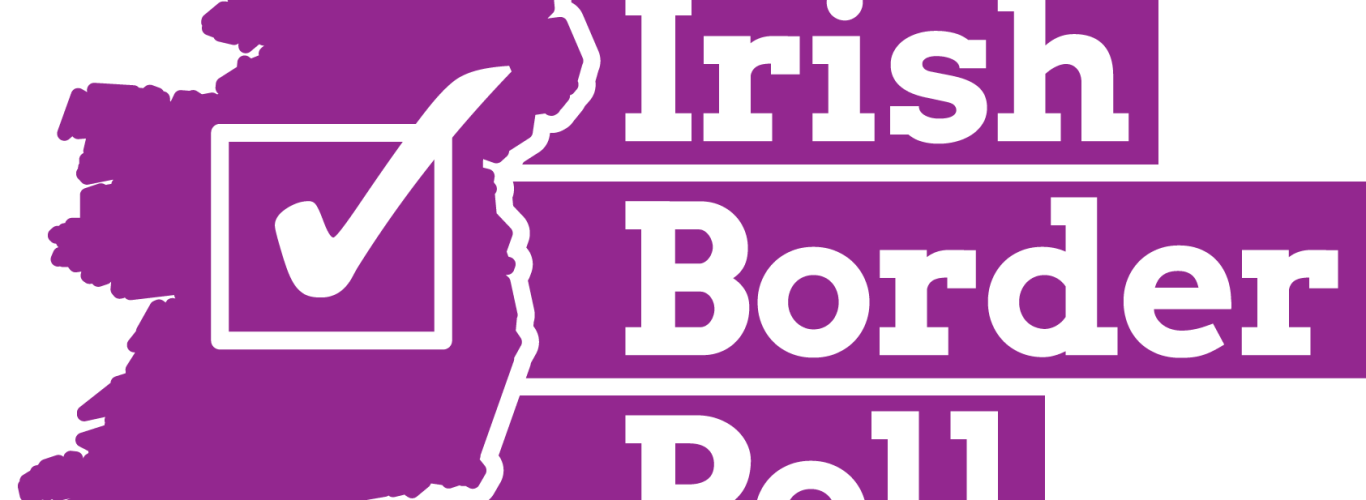I had intended to jump straight on the voting figures from last week’s elections and tot-up what they meant, vis-à-vis Irish unity.
I have to say that I am indebted to Daithí McKay for beating me to it and saving me the arduous task (and eye strain) of ploughing through yet more tables of figures.
His tweet the other day captures the state of play perfectly.
The headline news is that the gap between parties with positions on what we now rather primly refer to as the ‘constitutional question,’ is but a whisker.
The number of votes for parties and independent candidates choosing a pro-UK position is 363,891 (42.1% of the vote), while the numbers backing pro-Irish unity are 358,768 or (41%).
A difference of just 5,123 (1.1%).
There is also a hefty chunk of the electorate – 140,0550 (16.2%) – backing parties like Alliance and the Greens, as well as a slew of independents, who eschew a binary position on the UK/UI question.
If not voting Orange or Green as their first choice, their second preferences surely offer an insight into which side of that equation they have most instinctive sympathy with, when a border poll eventually comes around?
On that score it is much easier for United Irelanders to plot a path to victory.
As I wrote last week, the last poll from Liverpool University/ Irish News, found that 54.2% of Alliance second preferences head to the SDLP (33.1%), Sinn Fein (15.1%), Aontú (1.2%) and People Before Profit (4.8%).
In contrast, just 22.6% transferred to Unionists, split between the UUP (15.1%), the DUP (6.2%) and TUV (1.3%).
Similarly, 40% of Green party voters’ second preferences switched to Sinn Fein (30%) and PBP (10%), with the DUP trailing badly (5%).
The upshot is that Untied Irelanders have plenty more votes they can pick up, if they find the right appeal to these liberal/centre-left voters who may be less interested in the zero-sum constitutional politics, but who can be expected to vote in that border poll.
The headline news from last week might well have been Sinn Fein’s breakthrough as top party, but the votes of smaller parties and independents are what will swing a vote on Irish unity.
Kevin Meagher is author of ‘A United Ireland: Why Unification is Inevitable and How it Will Come About’

I had intended to jump straight on the voting figures from last week’s elections and tot-up what they meant, vis-à-vis Irish unity.
I have to say that I am indebted to Daithí McKay for beating me to it and saving me the arduous task (and eye strain) of ploughing through yet more tables of figures.
His tweet the other day captures the state of play perfectly.
The headline news is that the gap between parties with positions on what we now rather primly refer to as the ‘constitutional question,’ is but a whisker.
The number of votes for parties and independent candidates choosing a pro-UK position is 363,891 (42.1% of the vote), while the numbers backing pro-Irish unity are 358,768 or (41%).
A difference of just 5,123 (1.1%).
There is also a hefty chunk of the electorate – 140,0550 (16.2%) – backing parties like Alliance and the Greens, as well as a slew of independents, who eschew a binary position on the UK/UI question.
If not voting Orange or Green as their first choice, their second preferences surely offer an insight into which side of that equation they have most instinctive sympathy with, when a border poll eventually comes around?
On that score it is much easier for United Irelanders to plot a path to victory.
As I wrote last week, the last poll from Liverpool University/ Irish News, found that 54.2% of Alliance second preferences head to the SDLP (33.1%), Sinn Fein (15.1%), Aontú (1.2%) and People Before Profit (4.8%).
In contrast, just 22.6% transferred to Unionists, split between the UUP (15.1%), the DUP (6.2%) and TUV (1.3%).
Similarly, 40% of Green party voters’ second preferences switched to Sinn Fein (30%) and PBP (10%), with the DUP trailing badly (5%).
The upshot is that Untied Irelanders have plenty more votes they can pick up, if they find the right appeal to these liberal/centre-left voters who may be less interested in the zero-sum constitutional politics, but who can be expected to vote in that border poll.
The headline news from last week might well have been Sinn Fein’s breakthrough as top party, but the votes of smaller parties and independents are what will swing a vote on Irish unity.
Kevin Meagher is author of ‘A United Ireland: Why Unification is Inevitable and How it Will Come About’